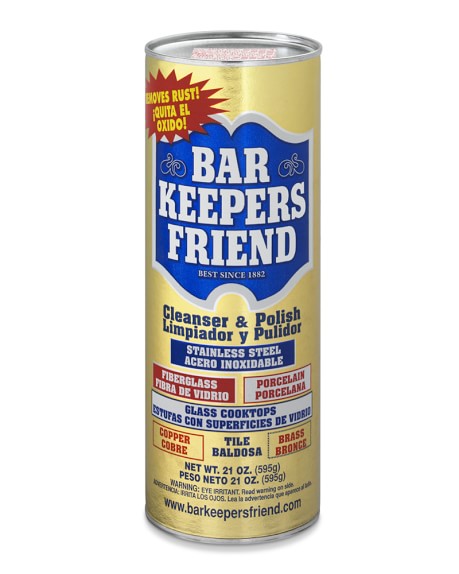Let me start by saying that I know very little about metals, blades, and knives -- but I sure have used a lot of them over nearly 7 decades. I've learned what little I know from family and friends who passed on many of their mistakes to me.
Let's start with suggestions from contemporary friends:
From FireIsHot "... a paper towel or two and Gorilla tape are my trauma supplies of choice."Al was a certified EMT who was saving lives for decades. It must be good.
From Dave Davidson: "But, it is really hard to beat Old Hickory kitchen knives."Except for my fish fillet knives, all of my other good knives are carbon steel. Most of my favorites are Old Hickory, ranging from my cleavers down to my paring knives. Even my circa 1952-53 Davey Crockett pocket knife is carbon steel. I took it to school with me everyday from 1st grade to about 6th grade, when I was given my present day 2-1/2 inch two-blade pocket knife, which no longer has has a name tag. It has been in one of my pockets every day since about 1960, except when I was sent to Navy boot camp and Navy SERE school in 1969/70 -- and whenever I've traveled by air in recent years. The pivot end of the main blade says "Robeson Superedge. It looks like and "Old Timer, but isn't. It sure is easy to sharpen, and it sure keeps and edge.
I also own about dozen steels. My favorites are the Old Hickory steels. I don't know much about the differences in steels, but there is something very special about the Old Hickory steels, even for my stainless fillet knives.
From FARMALLSC: "Once you make a knife from carbon steel, you will need to keep it clean and oiled."
Whether you make it or buy it, FARMALL is right on. Your carbon steel knives will all mostly turn dark grey. Mostly, they will develop darker "age spots."
Like my cast iron cooking pots and pans, I often just clean my knives with hot water and a little bit of vegetable oil or lard. If I need an abrasive, I use moistened Morton Kosher Salt.
My usual blade cleaning and coating is either coconut oil or "
Leaf Lard".

One jar of coconut oil can be divided and packaged into multiple smaller containers that will probably last until you are too old to be trusted with knives.
I also have a lot of cast iron pots and pans. I use leaf lard for seasoning and cleaning. It is most easily found in small local butcher shops. It is not hydrogenated. Most lard sold in supermarkets is, and it is not the same.

If blades have gotten either rusted or blemished that you wish to clean up a little, there is nothing better than a cleaner known as "Bar Keepers Friend". It a very old cleanser that goes back to 1882. It is readily available in the household cleaner sections of most supermarkets. The primary (secret) ingredient is oxalic acid which reacts with various oxygen chemical compounds, including rust. DO READ THE CAUTIONS BEFORE USING. It is somewhat abrasive. It will seriously attack gold and silver. It should be well diluted with water before using when using on a knife blade.

I retired my leather strop and straight razors a number of years ago. My carbon steel straight razors were replaced with several good double edged "saftey razors", all of which are now 40-50 years old. A strop can put a pretty fine edge on a blade.
I have found that I can get a similar strop edge using a very old 5-inch Bendix electric bench grinder. I replaced the grinding wheels with buffer wheels. I use "jewlers' rouge" on the buffing wheels before putting the blade against the buffing wheel.

Stay safe.
Enjoy your knives.
Sharp old Ken
